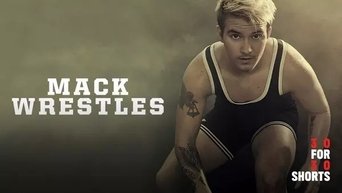30 for 30 Shorts (2012)
30 for 30 Shorts
2012
Unprecedented documentary series featuring sports films from today's finest directors.
Seasons & Episode
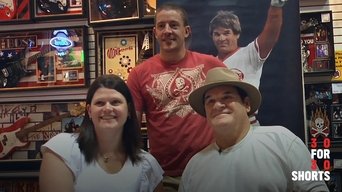
Everyday Pete Rose is surrounded by baseball memorabilia. But instead of a dugout, he's seated on a folding chair in a memorabilia store in Vegas.
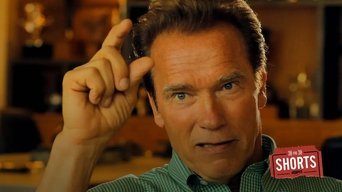
A look at how a young Arnold Schwarzenegger's compulsory service in the Austrian Army played a critical role in his path to international bodybuilding fame.
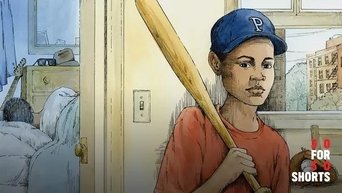
The career of Alfred Slote, an author of sports-oriented children's books (Jake being his personal favorite) whose interest was not so much the games played but the drama that the characters encountered.
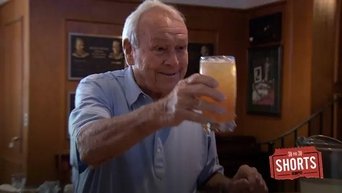
An exploration into the history, mystery and industry surrounding "The Arnold Palmer", the lemonade-and-iced tea beverage created by the same-named golfing legend that has become a fixture of nineteenth hole lore and American leisure.
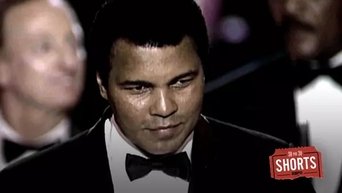
The efforts of Muhammad Ali to negotiate with Iraqi leader Saddam Hussein for the release of U.S. civilians taken hostage after Iraq's 1990 invasion of Kuwait.

The style evolution of New York Knicks player and broadcaster Walt Frazier, from his cool-as-ice look in the 1970s to his use of vibrant colors and patterns today.
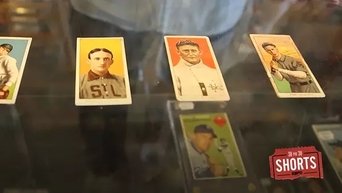
The story of the rare and valuable T206 Honus Wagner baseball card—over a century old and valued in the millions of dollars—and the myths and realities that surround it.

The members of the 1972 USA men's Olympic basketball team gather to deliberate 12 Angry Men-style on whether to finally accept or continue to refuse silver medals from the 1972 Summer Olympics, where they controversially lost the gold medal game to the Soviet Union.
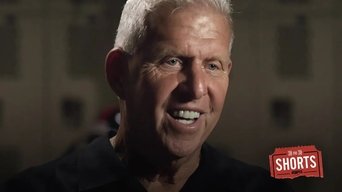
Bill Parcells recalls his rookie year as a head coach with the New York Giants in 1983 and the impact of John Tuggle, a running back the Giants selected with the final pick in that year's NFL draft.
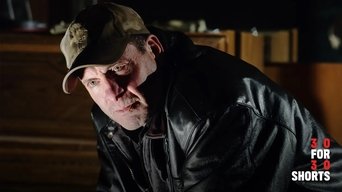
The struggles of Clint Malarchuk, the "Cowboy Goalie", from a childhood spent riding horses and suffering from OCD to the grueling recovery period after his carotid artery was severed by an opponent's skate blade, one of the most gruesome injuries in sports history.
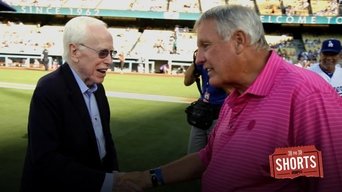
An intimate, funny and compelling take on the unique relationship and shared legacy of Tommy John, the chatty Indiana lefty who won nearly 300 Major League games, and Dr. Frank Jobe, the unassuming L.A. orthopedist who conceived and performed a revolutionary elbow operation on John in 1974.
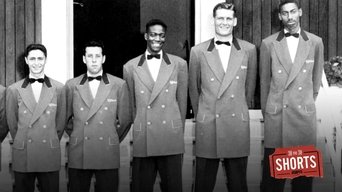
Rarely seen archival footage and interviews with people who lived and worked with Wilt Chamberlain give a fascinating glimpse into the basketball star's experiences in the Borscht Belt during its heyday.
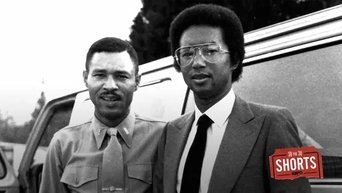
Johnnie Ashe tells of a personal sacrifice: After finishing a tour of service in the Vietnam War, Johnnie, a U.S. Marine, volunteers to serve another tour in place of his older brother, Army 2nd Lieutenant Arthur Ashe. Johnnie's selfless move allows Arthur to continue his budding tennis career.
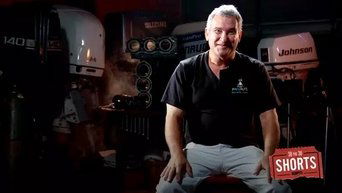
The intriguing life and tragic death of businessman Donald Aronow, a prominent name in the world of powerboat racing.
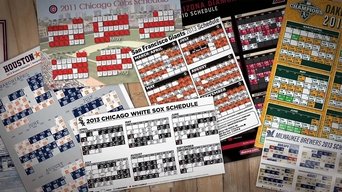
Using only a computer, a pencil and paper, and cooperation, the husband-and-wife duo of Henry and Holly Stephenson spent almost a quarter-century creating Major League Baseball's season schedule.
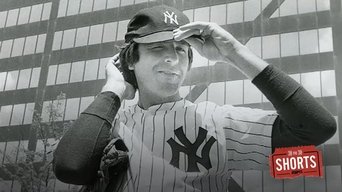
Beginning with stealing a player's warm-up outfit and posing as a player at the 1979 NBA All-Star Game, Barry Bremen begins a playful run fulfilling the average sports fan's ultimate fantasy, sneaking into the fields of play to pose as players, golfers, game officials, and even a cheerleader.
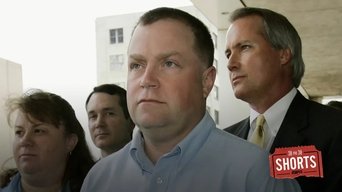
Security guard Richard Jewell received praise in the aftermath of a bombing during the 1996 Summer Olympics in Atlanta when he helped clear the area and found the bag that contained the pipe bomb. Praise turned into loss of honor when Jewell was wrongfully accused of planting the bomb in the ensuing investigation.
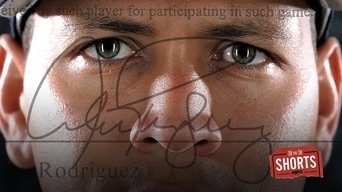
The battle between the Boston Red Sox and the New York Yankees to trade for Alex Rodriguez during the 2003–2004 baseball offseason.
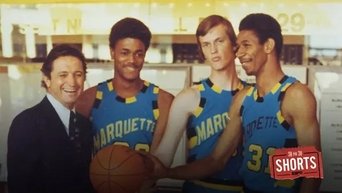
Player Bo Ellis designs a rebellious, nonconformist jersey that would exemplify the Al McGuire-era Marquette men's basketball team.
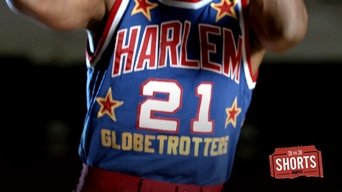
How the Harlem Globetrotters became unlikely ambassadors during the Cold War when they played a series of games in Moscow in 1959.
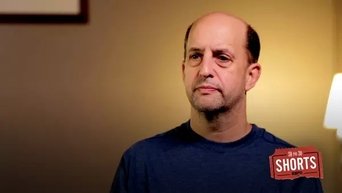
A profile of Shawn Bradley, a 7-foot-6 center who spent the majority of his NBA career on the wrong end of epic dunks (the kind usually found on posters), and how he went from a bust on the basketball court to a superstar off of it.
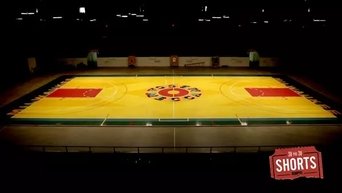
The story behind the iconic, multicolored basketball court Robert Indiana designed for the MECCA Arena, home to the Milwaukee Bucks and Marquette Warriors until 1988, and how one Bucks fan used his family's credit card to rescue the floor from the scrap heap.
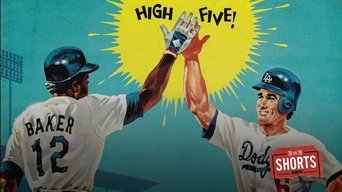
When L.A. Dodger Dusty Baker hit his 30th home run of the 1977 season, the first man to greet him at home plate was his friend and teammate, rookie Glenn Burke. Overcome with happiness, Burke did the first thing that came to mind—he put his hand straight in the air and had Baker slap it, thus in fact creating the high five gesture.
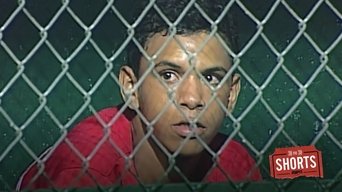
A team from The Bronx makes it to the 2001 Little League World Series, only to be disqualified when pitcher Danny Almonte is revealed to be two years too old to play in Little League.
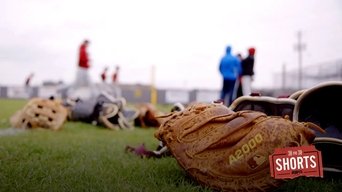
A profile of the mental side of sports focuses on Mackey Sasser, a talented catcher who suddenly couldn't perform the routine task of throwing the ball back to the pitcher, and how confronting boyhood traumas helped in his mental recovery.
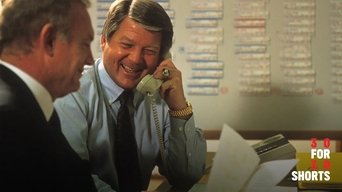
Former Dallas Cowboys head coach Jimmy Johnson recalls the team's October 1989 trade of Herschel Walker to the Minnesota Vikings, as well as the roster maneuvers involving the players the Cowboys received in return that laid the foundations for the team's success in the 1990s.
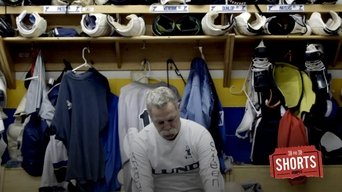
A look inside the mindset of legendary Boston Bruins enforcer John Wensink, who endeared himself to fans when he infamously challenged the entire Minnesota North Stars bench to a fight, and the journey his life took following his playing career.
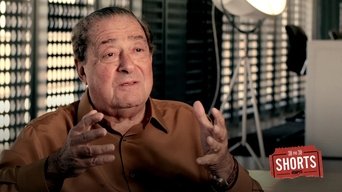
A look at the 1976 Muhammad Ali/Ken Norton fight at Yankee Stadium. The fight's controversial decision is only part of the story, as gang activity and theft in the wake of a NYPD strike was happening right outside the stadium's gates.
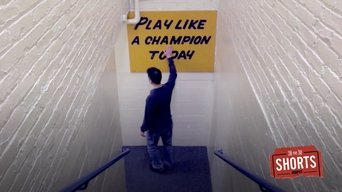
Growing up in Hawaii, Reggie Ho always thought he would follow his father's footsteps into medicine, yet he becomes a crucial contributor to Notre Dame's undefeated 1988 season as a walk-on player.

Dr. Robert Cade, a renowned kidney specialist at the University of Florida, leads a research team that develops a drink designed to help replenish body fluids lost by the school's football team – a "magic elixir" that would later be called Gatorade.
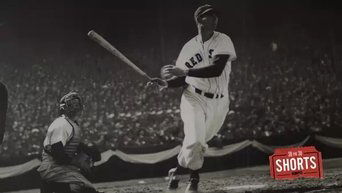
A look at the issue of the cryogenic preservation of Ted Williams' body.

Kevin Von Erich was part of a legendary wrestling family (he and fellow brothers David, Mike, Chris, and Kerry). The only surviving brother (the other four were lost to drug addiction or suicide), Kevin now finds peace living off the grid in a remote part of Hawaii.
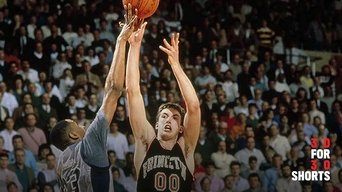
A recollection of how the Princeton Tigers, a heavy underdog, nearly defeated top-seeded Georgetown in the first round of the 1989 NCAA Tournament, a game that would forever change March Madness.
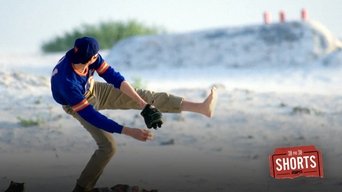
For Sports Illustrated's April 1, 1985, issue, George Plimpton profiled Sidd Finch, a highly eccentric New York Mets prospect who could throw a fastball at an unheard-of 168 mph... and who was a product of Plimpton's imagination. On the 30th anniversary of the April Fools hoax, the surviving people responsible are profiled, including the Illinois middle-school teacher who posed as Finch for SI.
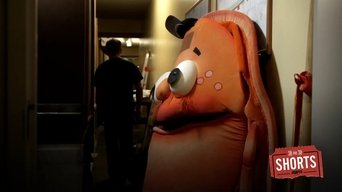
Aiming to satirize the loveable team mascot craze of the late 1970s and early 1980s, the 1984 San Francisco Giants introduce an "anti-mascot" named "Crazy Crab". With fans encouraged to take the "anti-" literally, Crazy Crab and the actor playing him, Wayne Doba, endure verbal and physical abuse over the course of the Giants' last-place season.
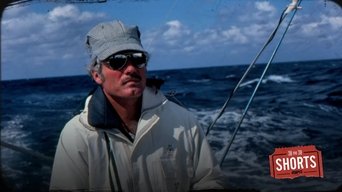
Already a proven broadcasting and sports executive, as well as an America's Cup-winning yachtsman, Ted Turner enters and skippers Tenacious in the 1979 Fastnet yachting race. Here, Turner and Tenacious's crew recall the harrowing race, an event marred by a deadly storm in the Celtic Sea.
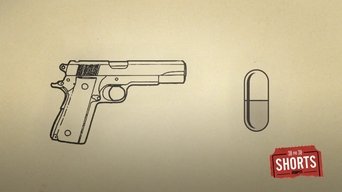
The story of Moe Berg, a 15-year veteran of Major League Baseball who went on to become a World War II spy for the United States.
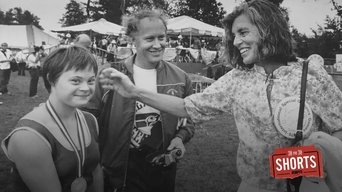
How seeing the treatment of her intellectually disabled sister propelled Eunice Kennedy Shriver to create the Special Olympics.
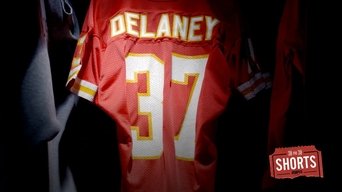
A profile of Kansas City Chiefs star Joe Delaney, whose reputation for helping others lasted until his drowning death in 1983, when he attempted to save the lives of three boys in a Louisiana pond (though he himself could not swim).
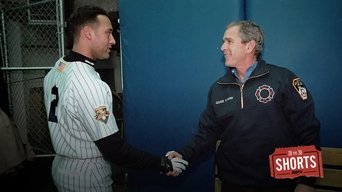
A look at President George W. Bush's ceremonial first pitch at New York's Yankee Stadium prior to Game 3 of the 2001 World Series, just seven weeks after the September 11 attacks in the city.
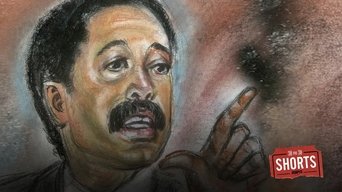
Though the 1979 Pirates thrilled Pittsburgh with a World Series win, many of their stars succumbed to the lure of cocaine, leading to baseball's first major drug scandal.
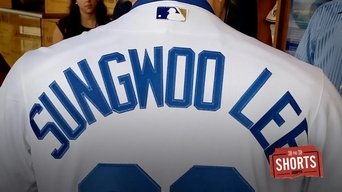
A mid-season visit to Kansas City by South Korean native and avid Royals fan Lee Sung-woo is followed by a Royals' surge to the 2014 playoffs. With the team in the World Series, an attempt is made by two Royals fans to bring their "good-luck charm" from Seoul back to KC.
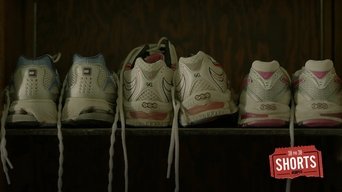
The story of Joy Johnson, who took up running at age 59 after raising four children and went on to run 25 New York City Marathons.

The story behind the Chattanooga Heroes Fund, started by University of Tennessee alum Peyton Manning to benefit the families of the service members and police officers who were killed or wounded in a July 2015 shooting incident in Chattanooga.
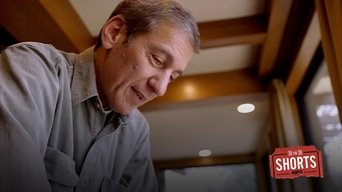
A look at the life and legacy of late Philadelphia Eagles owner Leonard Tose.

How diver Greg Louganis dealt with two different pressures surrounding him at the 1988 Olympics—his attempt to defend his double gold medal performance from 1984 and the discovery of his HIV-positive status prior to the Games.
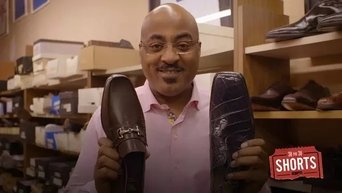
The story of Friedman's, an Atlanta shoe store that specialized in really big (think size 22), really expensive shoes for the six-foot-something athlete.
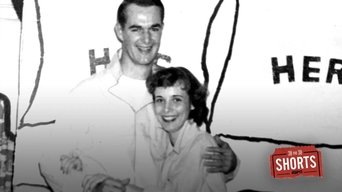
The story of how the Indiana Pacers avoided financial ruin by holding a telethon in the summer of 1977.

A look at the life of Pete Weber, the self-declared "bad boy of bowling" and the sport's first rock star.

A 16-year-old Yup'ik Eskimo leaves his tiny village and travels across the frozen tundra to compete in an all-Yup'ik basketball tournament and bring pride to his village.
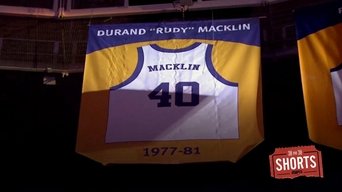
The last consolation game in the NCAA Tournament, held in 1981 between LSU and Virginia, was overshadowed by the assassination attempt on President Ronald Reagan earlier that day, and also by a postgame comment about Reagan by LSU star Rudy Macklin that haunted him for years.

When Patrick Q. F. Barr found a discarded golf club in the trash, he decided to save it and play street golf in New York City using paper milk cartons stuffed with newspaper, earning him the nickname, "Tiger Hood".
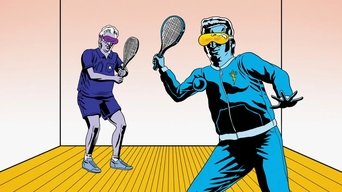
How Elvis Presley became a racquetball enthusiast in the final years of his life, going so far as to build a court at his mansion and proposing a chain of racquetball centers.
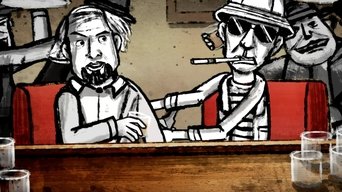
The lasting legacy of the 1970 Kentucky Derby has nothing to do with the winner, Dust Commander. Its true impact came from the assignment that Scanlan's Monthly gave to a 32-year-old writer from Louisville named Hunter S. Thompson.
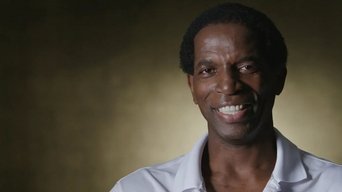
While A. C. Green is well-known for his basketball talents (winning 3 NBA titles with the "Showtime"-era Lakers and playing in a league-record 1,192 consecutive games), he is also known for abiding by his Christian beliefs and remaining celibate throughout his entire NBA career

How Japanese thoroughbred Haru Urara, who never won a race in her career, became a symbol of hope to her country and saved the racetrack where she was based.
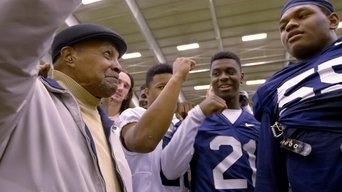
A look back at the aftermath of the Penn State child sex abuse scandal, focusing specifically on the removal of Joe Paterno's statue from the campus and the design of its replacement.

It's a long way from Bucharest, Romania to Norman, Oklahoma, and it's been a long time since the 1976 Olympics, where Nadia Comăneci scored seven perfect 10s on her way to three gold medals.

The story of Alexis Argüello, legendary in Nicaragua as both one of the greatest boxers of the 20th century and a political figure.

How jai alai went from drawing crowds of thousands in Miami in the 1970s and 1980s to being fortunate to draw 100 a match today.
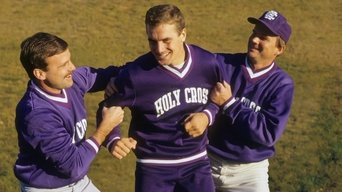
A look back at the college career of Gordie Lockbaum, who became a two-time Heisman Trophy finalist in the 1980s at Division I-AA Holy Cross as a figurative throwback to an earlier era of football, sometimes participating in more than 80% of his team's plays (offense and defense) in a given game.

The story of Greg Marino, master forger and target of a 1990s FBI investigation known as Operation Bullpen.
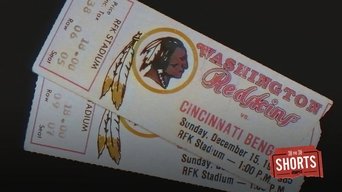
The U.S. Marshal Service set up sting operation to lure area criminals to the Washington Convention Center to pick up free tickets to a Redskins game. The film retells the story of the operation, from the planning stages through its suspenseful execution.

Examining the heroics of high school football player Zaevion Dobson that lead to his death.
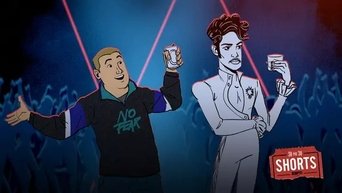
In 1997, Phil Jackson assigned a young assistant trainer Wally Blasé to oversee the rehab of Dennis Rodman's sprained knee. What was supposed to be a 10-day trip to California turned into fancy dinners, VIP access, chartered choppers, brushes with celebrity and a lifelong friendship.

As a young girl Victoria Arlen truly had the world ahead of her. But at the age of 11, she began to suffer from an illness that baffled her doctors and kept Victoria locked in her own body.

Somebody would need to be crazy to become the first human to break the sound barrier in a freefall. That somebody was Austrian daredevil Felix Baumgartner.
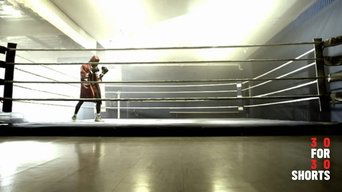
The story of Cuban boxer Teofilo Stevenson, who in 1962 chose to stay in his home country rather than defect, this film examines through the lens of Cuban-American politics how his life and the life of the Cuban people were dramatically altered by the embargo.
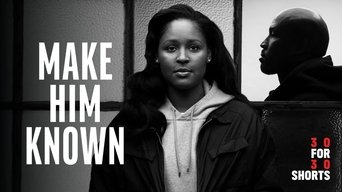
This ESPN 30 for 30 documentary tells their story of Maya Moore, who skipped two seasons in the WNBA to seek justice for an innocent man, Jonathan Irons. Her efforts to seek justice led to Irons' release, and their relationship became a romance that culminated in marriage.
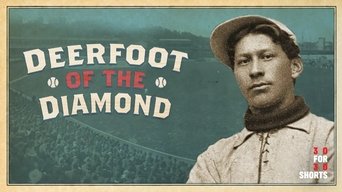
The tragic story of Louis Sockalexis, the first Native American to play Major League Baseball and how his mythic, controversial legacy still raises questions about prejudice and tradition in the game today.
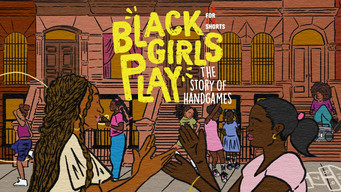
An illuminating look at the influence that hand games played by Black girls has had on the American creative landscape.
Unprecedented documentary series featuring sports films from today's finest directors.
Watch Trailer
Free Trial Channels



